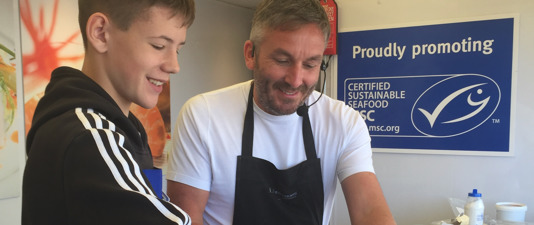Supporting & promoting Scotland’s produce, the people who grow it, make it and sell it.
Every September, Scottish Food & Drink Fortnight celebrates the people, products and places that are championing our industry.
Producers, manufacturers, retailers, foodservice, hospitality, regional food groups and ambassadors. It is time to celebrate the work you do day in, day out to get quality Scottish food and drink on our tables.
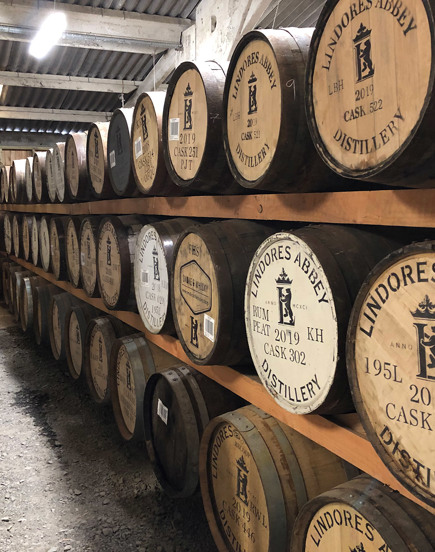
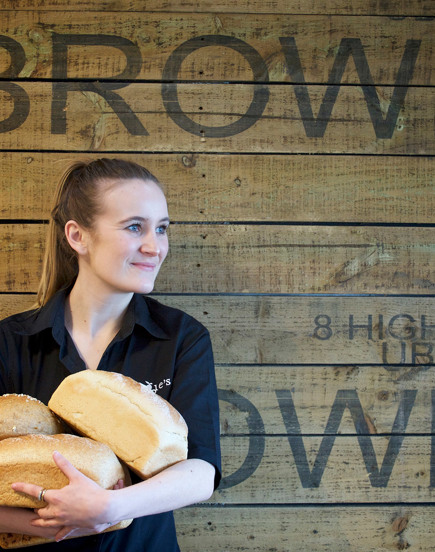
Scottish Food & Drink Fortnight 2023
2023 Theme
Discover what’s on your doorstep
Our nation’s larder is one of the most diverse in the world, and although we don’t mean to, it’s easy to forget that the products we enjoy day-to-day, or during special occasions, are brought to us by hardworking people operating right under our noses.
This year we’re focusing all of our efforts into encouraging the country to discover the incredible produce from their regions and the businesses across Scotland that are stocked in everywhere from shops, restaurants, cafes and bars to delis and markets.
The gin you enjoy on a Friday evening. The fruits you savour on a summer’s day. The beef and roasted potatoes you share with family on a Sunday afternoon. This year’s Scottish Food & Drink Fortnight is all about celebrating the people across our industry’s supply chain that make all that possible.
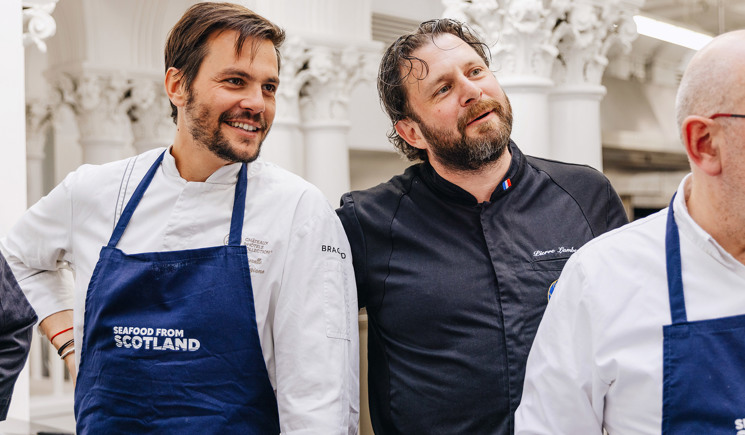
News & Blog
News, views and updates from Scotland Food & Drink Fortnight.

Thousands of people came out in force to support Peterhead’s latest seafood festival at the weekend as the inaugural SeaFest Peterhead event took place.
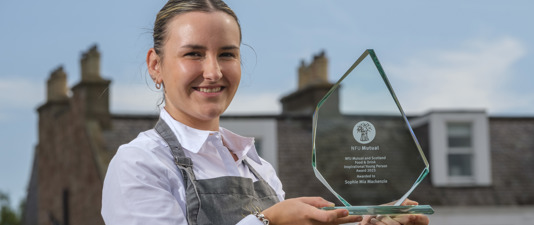
Cabinet Secretary Mairi Gougeon praises teen for inspiring others as winner announced during Scottish Food & Drink Fortnight (2-16 September)

